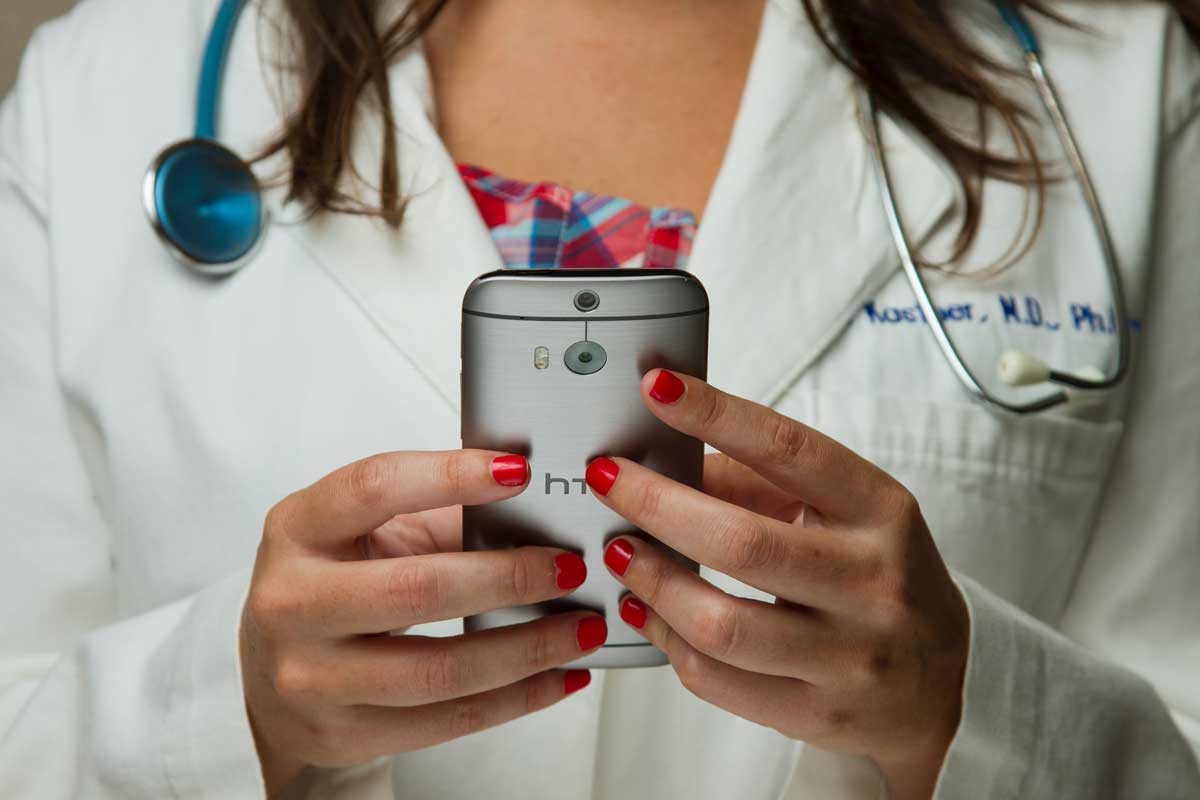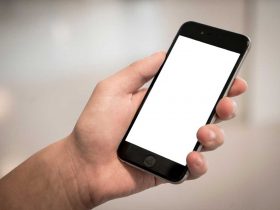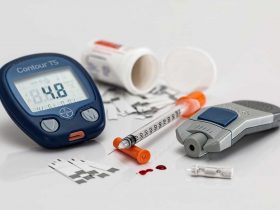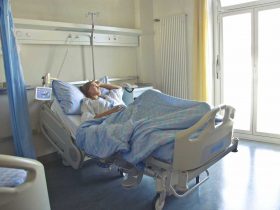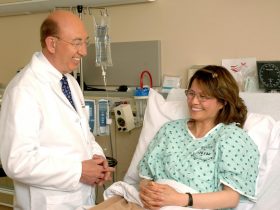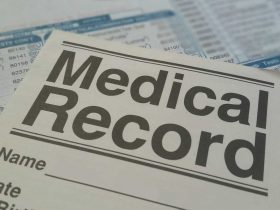By Nancy Collins, PhD, RDN, LD, NWCC, FAND
Personal smartphone use at work is a complicated issue with legal implications.
The plaintiff attorney drummed his fingers on the table while he stared at nurse Stephanie Holland* for what seemed like an eternity. He was waiting for her to respond to a seemingly simple question during her deposition—“Do you ever use your personal phone at work?”
Stephanie hesitated because of course she had used her phone at work. She had to check on her children and often did a quick scan of her e-mail or Facebook during her lunch break. She knew she was not supposed to have her phone with her on the patient floors, but everyone used their phones at some point during the day in the hospital courtyard or in the cafeteria. After considering her options, she decided to answer in the negative, because she had not used her phone on patient floors. Stephanie felt relieved and confident in her answer—for about 2 minutes.
As the deposition progressed, this simple issue suddenly was not simple after all. It was soon discovered that Stephanie had used her phone during lunch to look up a drug interaction—just to confirm what she thought. After some more questioning, it was revealed that Stephanie had made a quick call using her personal phone to a doctor’s office to ask if the physician would make rounds at the hospital that afternoon. And finally, it was determined that Stephanie had sent a text message to a colleague/friend who was working on Stephanie’s days off to remind the person to follow up with a doctor the next day about a certain patient.
A recent study finds that some 95% of nurses own a smartphone, and 88% of them use smartphone apps at work to get information fast.1 These numbers reflect the changing ways of society and how smartphones are integrated into our daily lives. While many health care facilities have policies regulating the use of personal smartphones, these policies often are loosely enforced or subject to interpretation. In the legal arena, the use of personal phones often complicates what is an already complicated situation.
Was it wrong for Stephanie to look up a drug interaction on her smartphone? It seems that this is a reasonable action or even a commendable one because she had a question and wanted to double check her facts. The uncertainty lies in the source she checked for the information. Was the site she visited evidenced based? Was it a trusted source? Or was it perhaps one of those celebrity sites that give out health advice and make it seem like real science? Online resources are an expected part of care these days, but it is important to know where to look.
When Stephanie called the doctor to see if he would make rounds that day, she thought she was proactive in doing so. She felt the same way when texting her friend to make sure nothing fell through the cracks on her days off. The question here is how this vital communication is preserved for the medical record. In most lawsuits, communication and who knew what is often a key point of contention. When using text messaging, it is important to understand how the texts are preserved and if they are part of the permanent medical record.
Personal phone usage for clinical care is a new frontier that is not yet completely figured out.
The points to remember are:
- Health care professionals may not think they are using their phone for patient care, but they should think again because “care” is a broad topic and is all inclusive.
- If a personal phone is used for patient matters, the phone may become subpoenaed during litigation revealing all of the owner’s personal information as well.
- Phone calls and texts are communication, and it is necessary to document all communication in the permanent medical record.
- It is important to review facility policies regarding personal phone usage and understand and abide by the rules of the work setting.
Smartphones are here to stay and are a great tool that often speeds up and enhances patient care, but it is important to use them consciously when dealing with patients and their protected health information.
*Name changed for privacy.
- Wolters Kluwer Health survey finds nurses and healthcare institutions accepting professional use of online reference & mobile technology. www.wolterskluwer.com. Published September 10, 2014.


